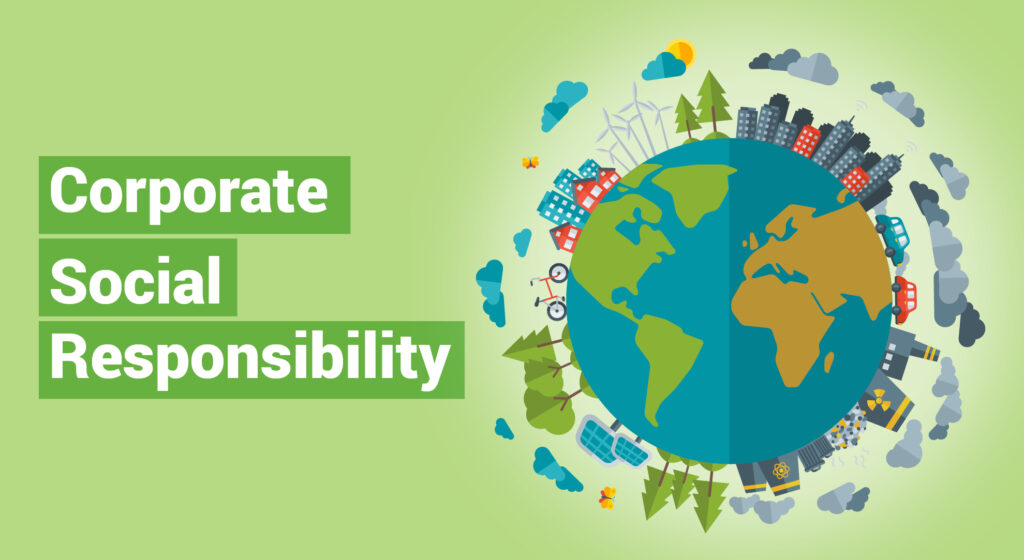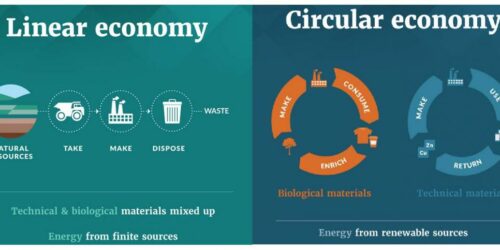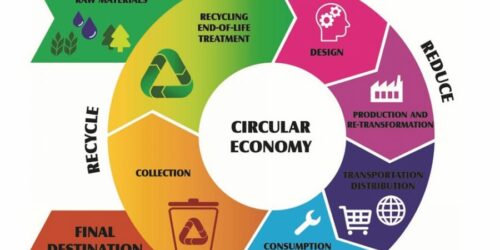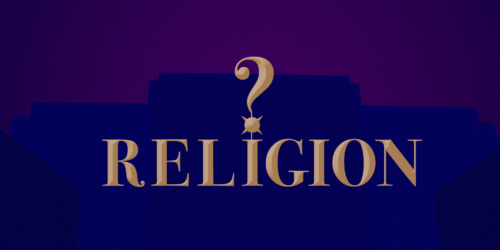Corporate Social Responsibility – Knowledge Check Questions & Answers

Corporate Social Responsibility – Knowledge Check Questions & Answers
- *Market* An actual or nominal place where forces of demand and supply operate, and where buyers and sellers interact.
- *Sustainable Value Creation* The overlap of economic value (profit/share price) and social value (philanthropy/recycling).
- *Profit Maximization* A largely unhelpful idea as it is impossible to prove, distorts decision making and emphasizes short-term goals over long-term value creation.
- *Profit Optimization* An idea that matches a commitment to strategic CSR as it encourages a balance among short, medium, and long-term goals.
- Understanding how firms can balance the pursuit of *profit* with the creation of *value* for stakeholders is essential.
- Those who support the mandatory enforcement of society’s interests believe that *coercion* is the only way to ensure firms behave in a way that is broadly acceptable.
- *Nudges* incorporate the cognitive biases that shape our decisions into policies that encourage optimal outcomes, while still retaining the illusion of choice.
- True or False: self-interest can be equated with selfishness. The answer is false. Self-interest is often incorrectly equated with selfishness. The pursuit of self-interest can to lead to optimal outcomes for society as a whole.
- The *vision* answers why the organization exists. It identifies the needs the firm aspires to solve for others.
- The *mission* states what the organization is going to do to achieve its vision. It addresses the types of activities the firm seeks to perform.
- The *strategy* determines how the organization is going to undertake its mission. It sets forth the ways the organization will negotiate its competitive environment in order to attain a sustainable advantage.
- The *tactics* are the day-to-day management decisions made to implement the firm’s strategy.
- The goal of a firm’s strategy is to recognize its *strengths* and align them with *opportunities* present.
- *Core resources* are the firm’s assets that are unique and difficult to replicate.
- *Core competencies* are the processes the firm not only does very well, but is superior at than its competitors.
- The *resources perspective* identifies the firm’s unique resources and capabilities as the main determinant of a competitive advantage.
- The *industry perspective* focuses on the firm’s operating environment as the main determinant of its competitive advantage.
- According to the textbook, corporate social responsibility concerns the economic, legal, ethical, and ______ issues that stakeholders view as directly related to the firm’s plans and actions.
governance
social
environmental
discretionary
Answer: D) discretionary
- True or False: Responsibly addressing environmental sustainability is one of the components of a working definition of strategic CSR.
Answer: False
- True or False: Strategic CSR is not philanthropy, caring capitalism or sharing value, but rather about day-to-day operations, market capitalism, and creating value.
Answer: True
- *Objective* value (technical) + *Subjective* value (values) = *Total* value (price)
- The essential difference between firms that do strategic CSR well and those that do it poorly, is a greater sensitivity to the interests of the firm’s *stakeholders*.
- A *values-based business* is a for-profit firm that is founded on a vision and mission defined by a strategic CSR perspective.





